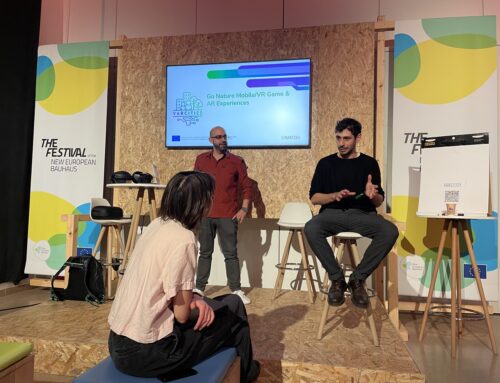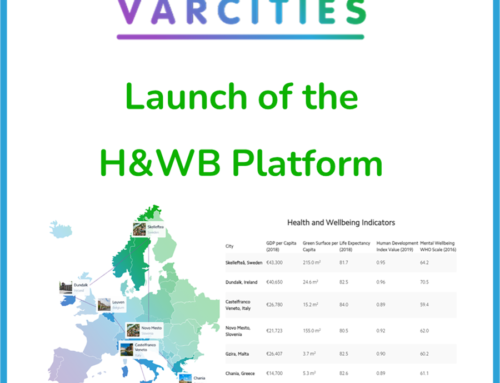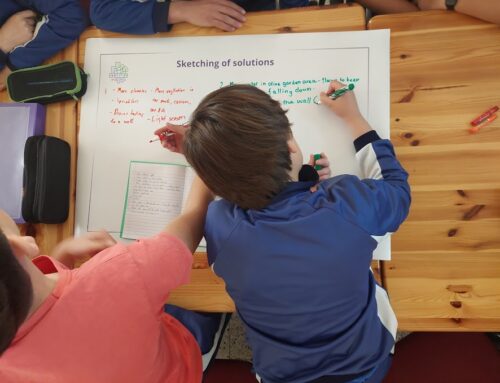Deliverable on Barriers and Drivers to the Implementation of Visionary Solutions in Pilots
March 2022
Work Package 3, led by Eurac Research, is dedicated to identifying problems affecting the VARCITIES pilot areas and providing the common knowledge framework needed to refine and prepare the deployment of the Visionary Solutions (VSs) proposed by the project. Specifically, Deliverable 3.3 highlights the main drivers and barriers that can affect the implementation of the VSs, how they can be detected, and how the main impacts can be assessed. This report contains all the analysis carried out and findings based on outcomes of the 1st and 2nd co-creation workshops held in each pilot area with local stakeholders. The workshops have been organized and coordinated by Prospex Institute during the year 2021, and demonstrate how the co-creation process represents a fundamental component of the VARCITIES project.
In Deliverable 3.3, the main drivers and barriers are uncovered and analyzed through the application of two strategic planning tools (i.e. PESTLE and SWOT analyses) that can provide both micro and macro perspectives.
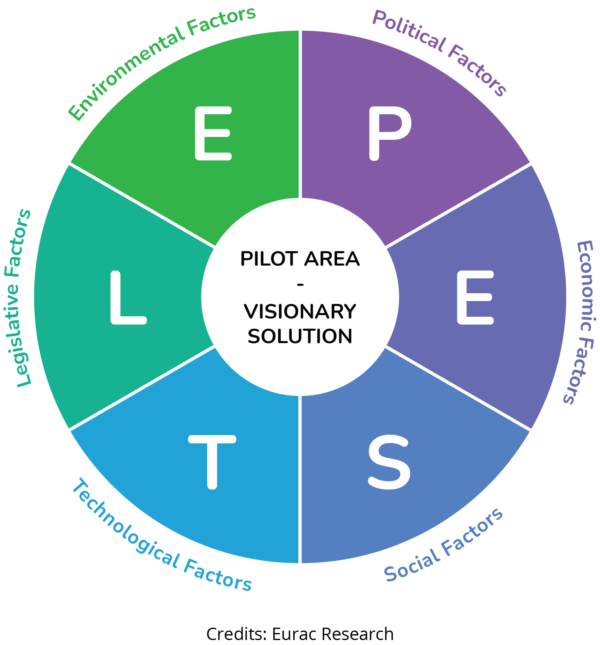
In particular, the PESTLE analysis is applied for the detection of external factors that can affect the VSs considering different perspectives: Political, Economic, Social, Technological, Legal, and Environmental. The use of this tool gives a much clearer understanding of the external context and the framework conditions of each pilot area.
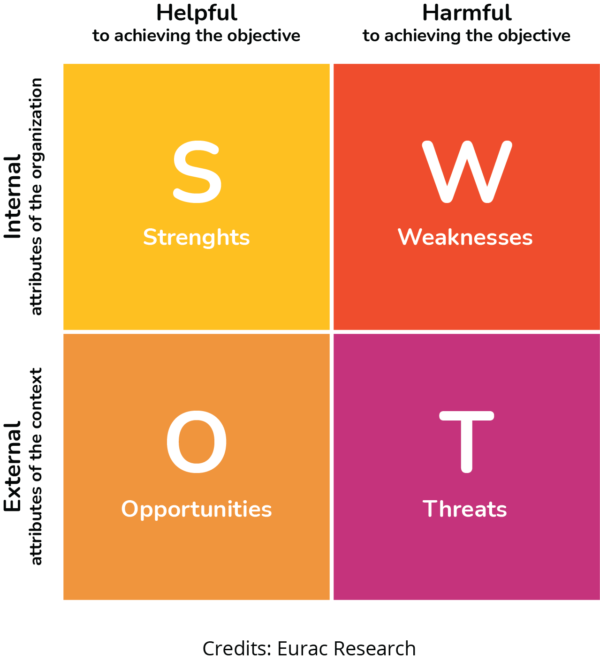
The SWOT analysis is then useful for linking the external forces with the internal ones. This tool is one of the most frequently used for the strategic evaluation of projects and identifies issues in the categories of Strengths, Weaknesses, Opportunities, and Threats. The combination of the two strategic planning methods derives from the need to have an overview of the whole context from several angles. This is necessary for better addressing the significant different implications and to achieve widespread adoption and use of the VSs.
Lastly, an impacts assessment is also performed for each pilot area applying a multiple-benefits approach. The results of the PESTLE, SWOT, and Impact analyses show that the pilot areas are intensely working in view of the implementation of the Visionary Solutions they propose, however, some challenges and gaps are in place as the process is complex and several aspects have to be taken into account. The results of this work will be presented in November in Paphos (Cyprus) by Valentina D’Alonzo, senior researcher at Eurac, during the SDEWES 2022 Conference on Sustainable Development of Energy, Water and Environment Systems, within the special session about “Local climate planning for climate-neutral and resilient cities”.
We welcome your questions and feedback on this project output, please email contact@varcities.eu.


